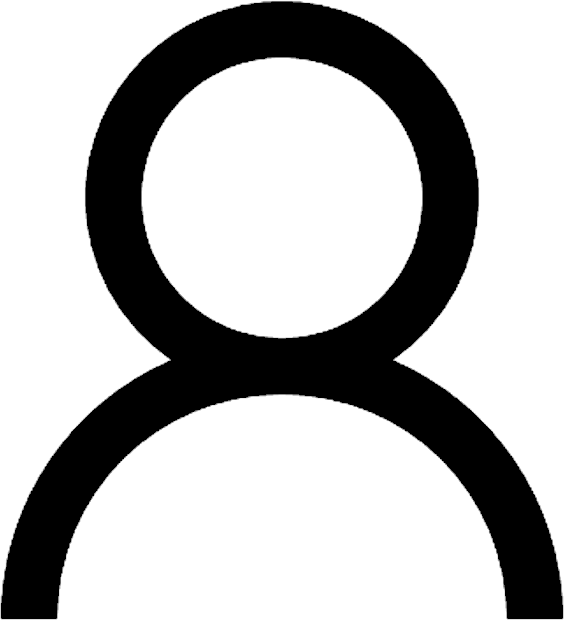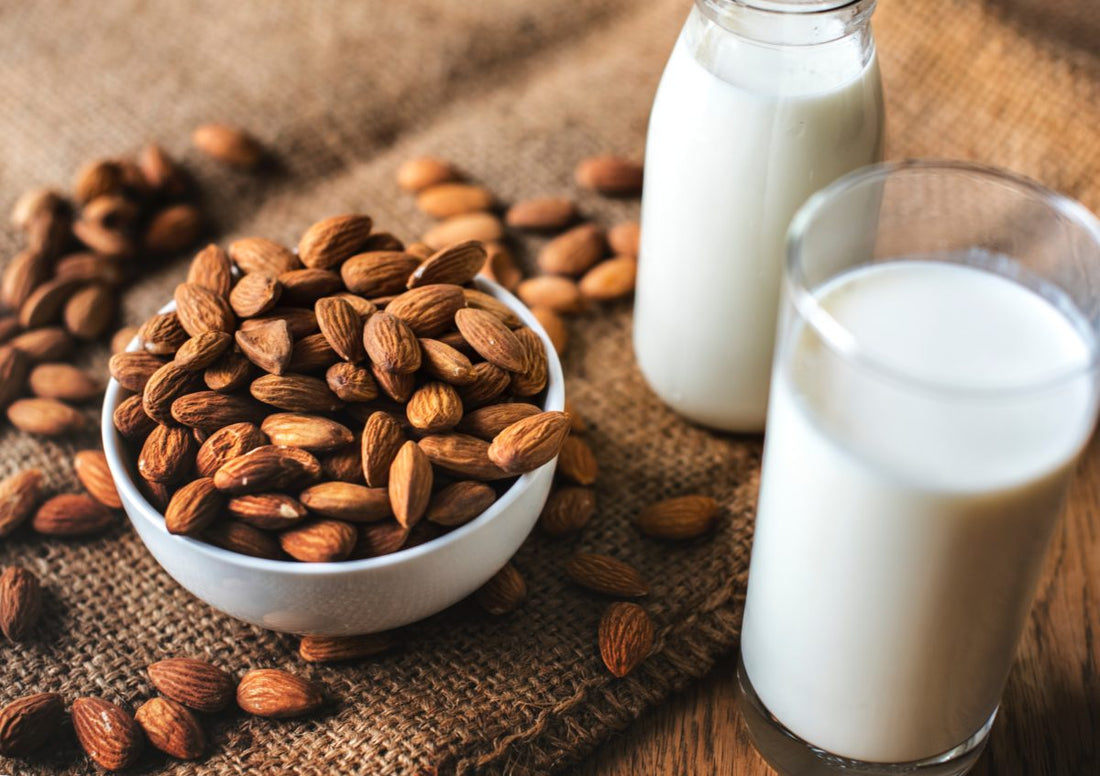A few years ago, it was only deemed important for avid gym goers, yet protein has become mainstream this year.
Forget checking calories or fat content, most of us are reaching straight for the label to see what items pack a protein punch. But how much of it do we actually need? And what are the best foods for getting it?
How do we Get Protein?
We get it in two ways. Protein itself is a long chain of units called amino acids. There are twenty different types of amino acids in total, and while our body is able to manufacture most of them by itself, if we’re running low, there’s 8 that we need to get solely from our diet.
These 8 are called ‘essential amino acids’; since our body needs them in diet form in order to keep running efficiently. It’s these eight essential amino acids which we refer to when we talk about increasing our protein.
Making sense so far? Good! There’s one more thing you need to know about the way we get it into our bodies: not all protein is the same. Which is why chowing down on a plate of pulses, doesn’t necessarily give you the same protein boost as a plate of meat.
Protein is further classified, into ‘incomplete’ and ‘complete’ protein. If a source of protein contains all 8 of those crucial amino acids; then it’s classed as a complete protein. If not? It’s ‘incomplete’ protein, and you’ll need to make sure you team it with another source to ensure you’re getting everything you need.
What are the best sources of Protein?
The best sources of it are undoubtedly complete proteins; which consist largely of meat, milk and eggs. While this suggests we need to eat meat to get a healthy amount of it, this is not necessarily the case.
Cow’s milk is an excellent complete protein source, and for those who can’t drink cow’s milk, alternatives such as camel’s milk can provide the same benefits (in fact, camel’s milk actually contains more than cow’s milk!).
Vegans tend to rely on a diet of nuts, seeds, beans, lentils and vegetables. These do contain protein but are often incomplete sources and, as a result, are not ideal for the body. However, with some savvy diet planning, there’s no reason that vegans can’t also eat a diet plentiful in protein too.
The trick is to team these incomplete proteins together to make a perfect combination. For example, while beans and rice by themselves are incomplete, combined together, they make a complete protein containing all 8 of the amino acids.
Many cultures have traditional vegetarian dishes that combine two incomplete protein sources: rice and tofu, corn and beans. The list goes on and on!
How does Protein help the body?
Protein is used by every cell in our body so it’s hard to think of a bodily function that it isn’t needed for! It does everything from helping repair tissues to making hormones to supporting our bones.
Protein is constantly being broken down by the food we eat. As a result, if we’re not ingesting enough of it, our body quickly runs into problems.
Here are just some of the many symptoms that arise when you’re not enough protein.
- Slow wound healing
- Low energy
- Muscle and joint pain
- Difficulties in controlling blood sugar
- Sluggish Metabolism
- Low Mood
Given the high amounts of refined sugar that much of the population consumes, protein is also vital for controlling our blood sugar levels, and even preventing diabetes. Adequate protein intake across the whole day keeps our blood sugar stable: preventing cravings and sudden energy dips.
How much Protein do I need?
Information on the amount of protein we need is often conflicting. While some specialists are of the belief there’s really no limit, others suggest stricter guidelines to suggest we’re not loading up on meat. Your daily amount depends on other factors too: your age, your gender and your level of activity.
To account for this, it’s estimated that you’ll need a minimum of around 0.8g of protein for every kg that you weigh. Yet, you may want to consume much more than this if you are very active, recovering from an injury or are elderly (to help prevent loss of muscle mass or osteoporosis)
Do I Need To Take A Protein Supplement?
Protein supplements are everywhere these days- it’s hard to miss them on the supermarket shelves: promising everything from gaining muscle to staving off hunger. However, if you’re consuming a healthy diet and NOT training for a big sporting event, then these powders simply aren’t necessary.
In fact, relying on these can even be dangerous, as you’re likely to miss out fiber and other key nutrients that other protein sources contain. Getting your protein from a varied diet (such as meat, milk, beans, grains and seeds) means you won’t miss out on other key nutrients that your body needs.
If you’re used to starting the day with a protein shake, then try whizzing our camel’s milk with almonds, spinach and chia seeds in a blender, to create a quick, affordable protein shake in seconds- no powders required!
While it’s clearly vital, getting protein into your diet doesn’t have to be complicated. Eating a well-balanced diet should be enough to ensure you’re getting everything your body needs.
Got any suggestions about how to get more protein into your diet? Let us know!

 Log in
Log in
